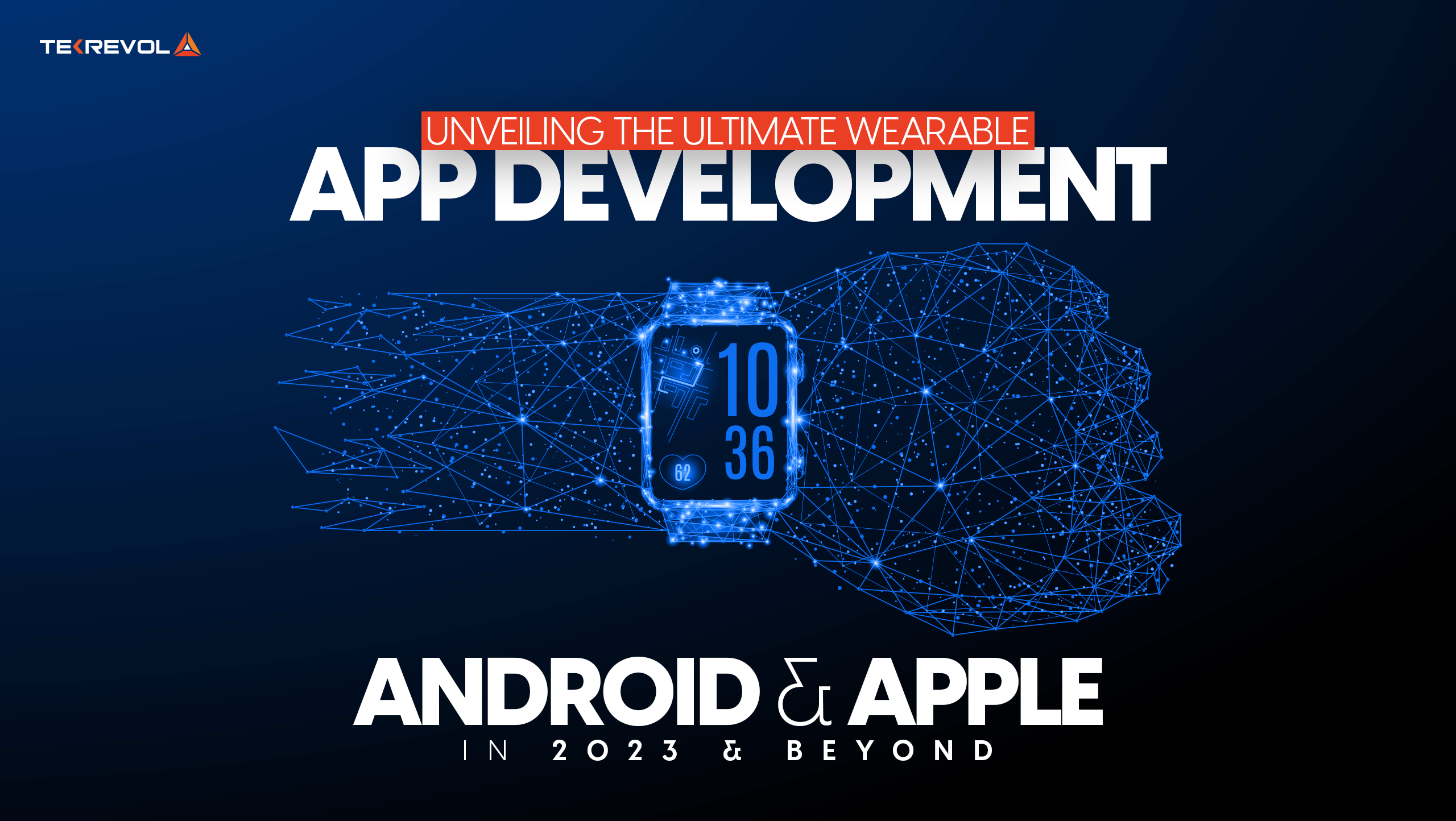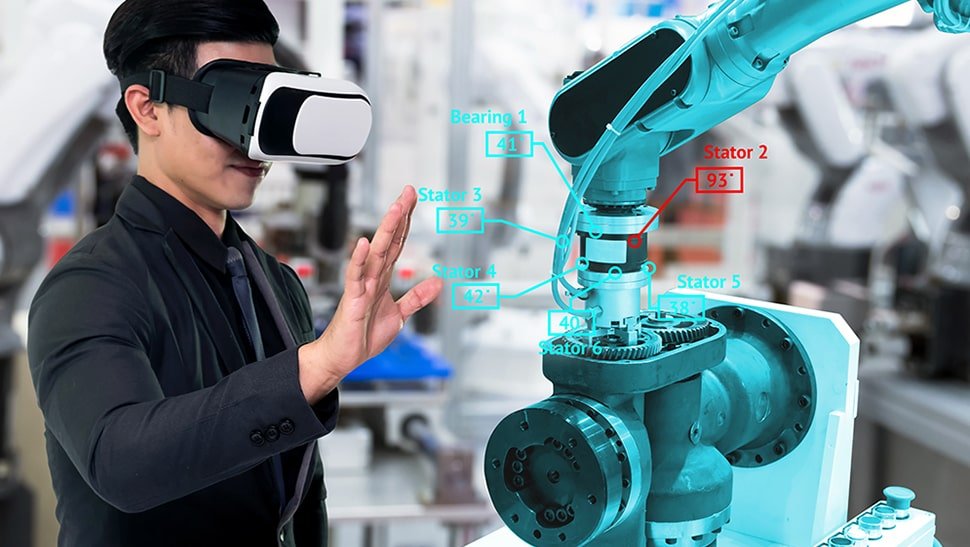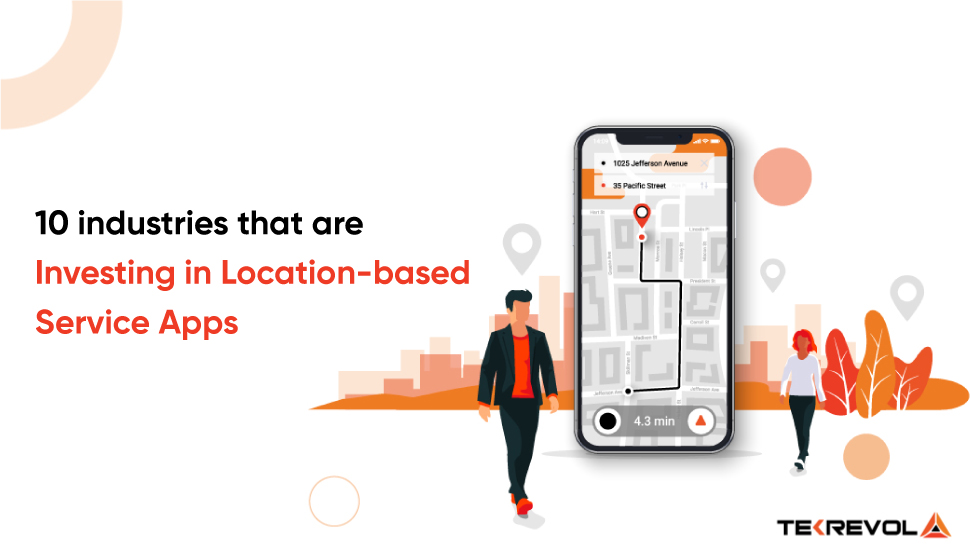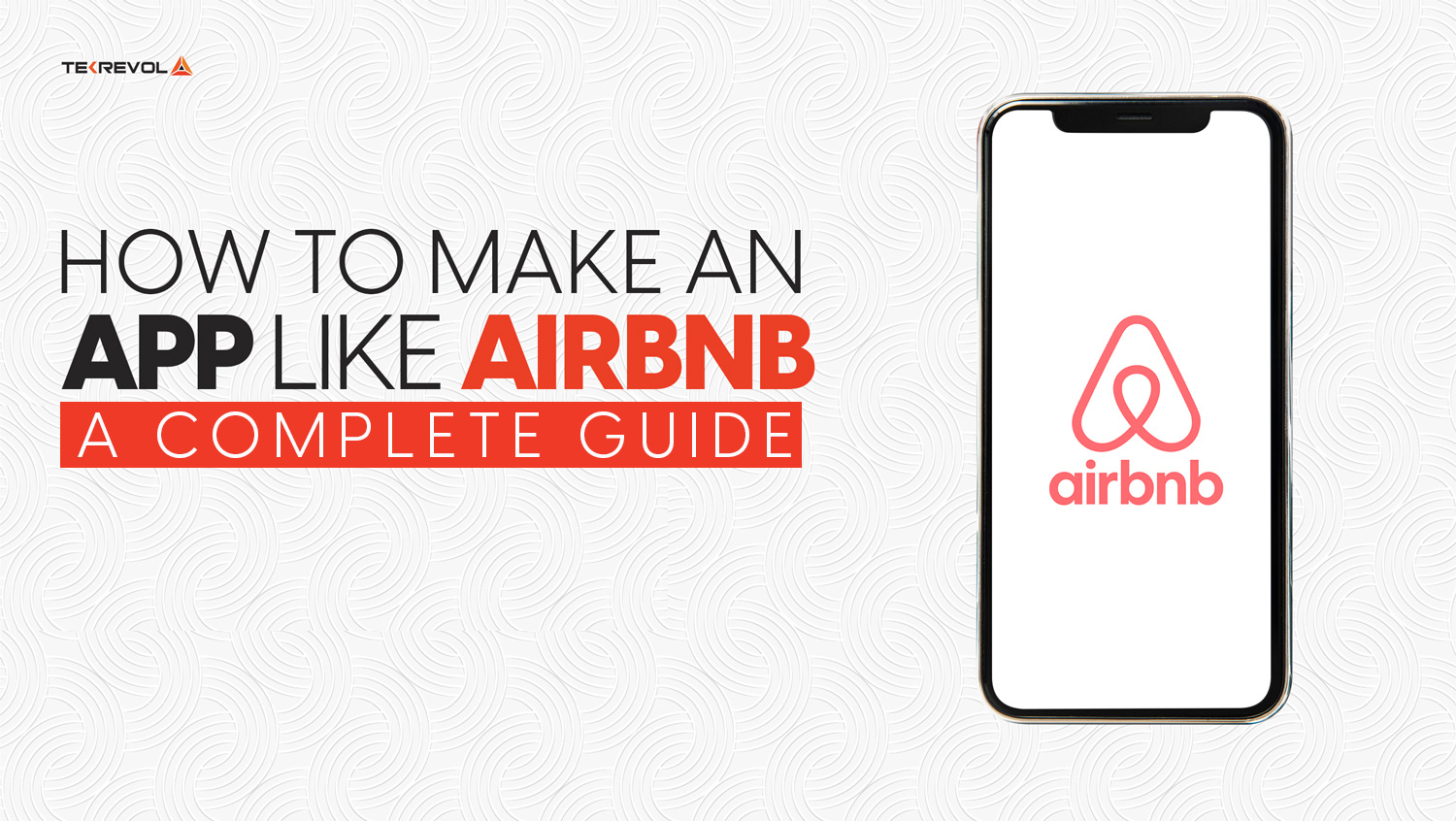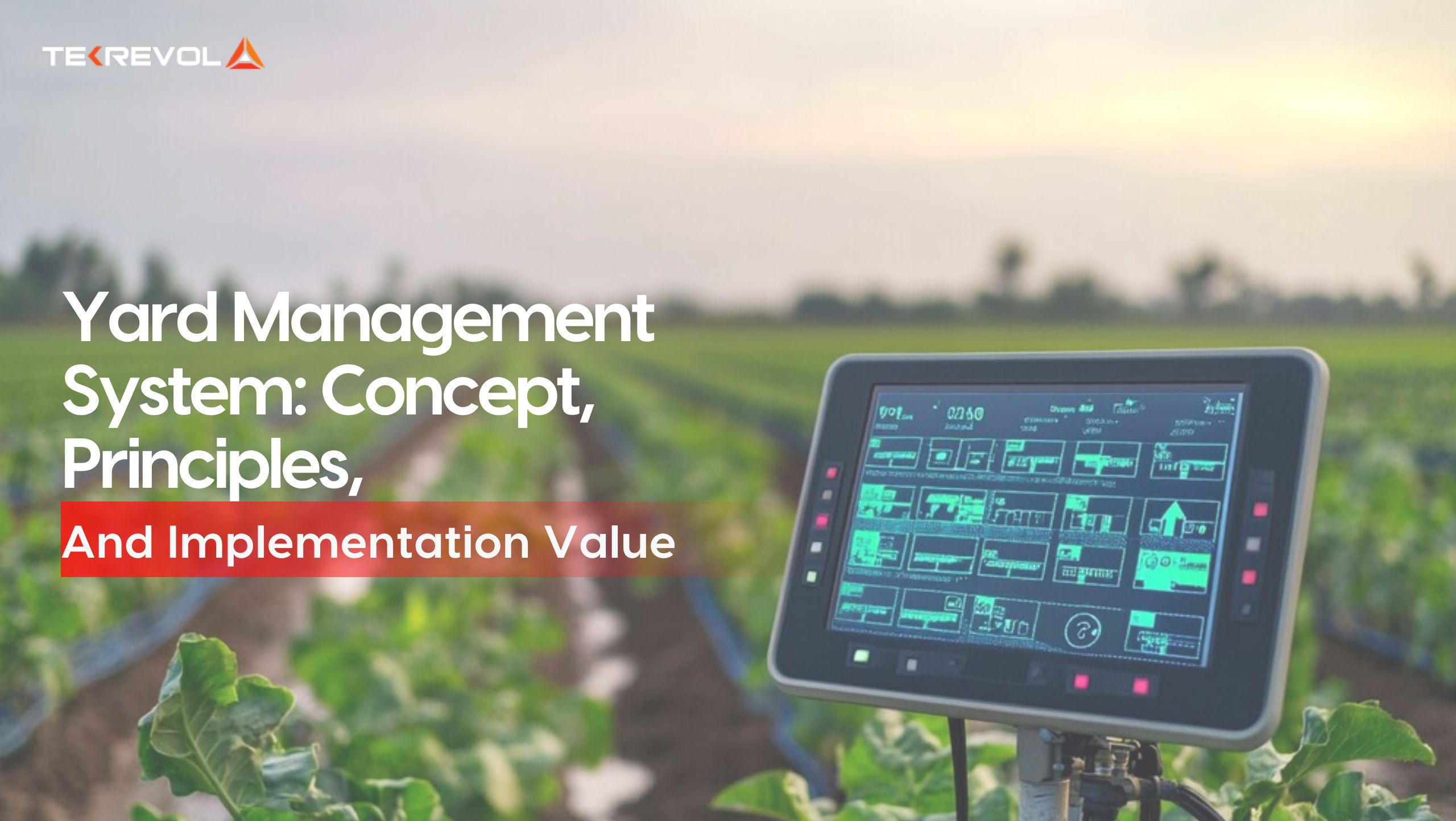In a time where technology is becoming progressively knotted with our day-to-day lives, wearable apps have appeared as a fundamental edge of innovation.
As we go through 2024, the role of wearable apps has excelled in sheer opportuneness, determining how we interrelate with information, monitor our welfare, and even amuse ourselves.
This article aims to be your compass in navigating this self-motivated ecosystem, illuminating the revolutionary and life-altering journey of wearable apps for Android and Apple platforms.
The blend of fashion and functionality, wearables have impeccably incorporated into our customs and habits, embellishing our wrists, clothing, and even eyewear.
Beyond their visual appeal, these devices dock the potential to transform how we approach interaction, health management, and efficiency.
From fitness buffs looking at their smartwatches for instantaneous health insights to urban pioneers receiving subtle navigation reminders, wearable apps have flashed a pattern change in personal technology.
Our ride through this article will dive into the heart of wearable app development, finding the workings of creating and designing applications that align with the exclusive features of wearables.
We will reveal the growth of wearables, from their pedigrees as basic fitness trackers to their transformation into multipurpose companions that are now an essential part of our related presence.
Get on board with us as we trace this progression, acquiring insights into the turning points that led to the multi-layered wearable landscape we reside today.
The Evolution of Wearables: From Tracking to Transformation
The evolution of wearables is a story of innovation, persistence, and the unyielding search to merge technology effortlessly with our lives.
What started as simple pedometers and heart rate monitors has expanded into a sophisticated system of devices capable of tracking our physical activity, sleep patterns, stress levels, and even our exposure to ecology.
According to a recent survey, about 40% and 35% of adults are using wearable and health apps along with wearables, correspondingly, with most using the technologies at least once a day.
This progression symbolizes our society’s growing reliance on personalized data-driven insights.
As wearables progressed with time, so did the hopes of consumers. The idea of ‘smart’ became identical to ‘connected.’
Following is a display of number of connected wearable devices worldwide from 2019 to 2022.

The introduction of the Apple Watch, a true herald of change, demonstrated this move.
From receiving notifications on the wrist to keeping you updated on the heartbeats and even making calls, the smartwatch exceeded its status as a simple addition. It appeared as a dominant hub of communication and health management.
Initially, the key to the success of Apple watch was its synchronization with an iPhone. iPhone app development services played a major role in synchronizing not only Apple watches with perfection, but also other smart watches of renowned brands.
This development demanded the development of a novel breed of wearable apps.
The transformation of wearables from meager trackers to vital lifestyle tools is noticeable in their addition to our daily habits.
The journey remains as we discover the insinuations of this progress in wearable app development company.
From coding elegant user interfaces for small screens to improving battery consumption for protracted use, developers are tasked with crafting experiences that are spontaneous, practical, and resourceful.
Our survey of this progression will arm you with a deep consideration of how to extract the potential of wearables as platforms for novelty and engagement.
The worldwide wearable technology market is likely to grow at a complex annual growth rate of 13.89% during the estimated period 2022 to 2030.

The international wearable technology market size was projected at USD 121.7 billion in 2021 and is likely to top around USD 392.4 billion by 2030.
- Get the Exclusive Inside Story
- The Latest Statistics and insight about Wearable Apps, Emerging Trends & More
Android vs. Apple: Navigating Wearable App Development Platforms
In the active field of wearable app development, the choice of platform can meaningfully influence the course of your conception.
Android and Apple provide exceptional environments for developers to figure their wearable app dreams into authenticity.
Contemplating these platforms’ discrete features, procedures, and tools is critical for developing applications that harmonize with the operating systems and the devices they control.
The Apple Watch, a personification of stylishness and accuracy, has refined a prosperous app ecosystem that effortlessly integrates with users’ lives.
The domineering considers the Apple Watch app development ecosystem to support Apple’s design principles, which accentuate straightforwardness and effectiveness.
The Digital Crown, Force Touch, and the Taptic Engine are just a few of the characteristic foundations developers must utilize to produce immersive experiences on this platform.
The drive through Apple’s wearables ecosystem demands an intense obligation for aesthetics, user experience, and the complex interchange between hardware and software.
On the Android app development services front, wearable app development grants variety and customization.
Android-powered smartwatches come in numerous outlines and sizes, catering to various choices and graces.
This assortment interprets into a rich array of promises for developers, who must steer a range of screen sizes, system factors, and hardware capabilities.
Google’s Wear OS offers the groundwork for creating apps that align with this diversity, demanding a stretchy design and development method.
Designing for Wearables: Creating User-Centric Interfaces

In the dominion of wearable apps, the canvas is partial, but the potential is unlimited. Designing user interfaces for wearables is a practice in maximizing impression within the limitations of a compact screen.
The core of wearable app layout lies in crafting visually tempting experiences that are instinctively maneuverable, provided that restricted real estate is obtainable.
As we determine the art of creating user-centric interfaces for wearables, study the mantra of ‘less is more,’ where each pixel is valuable and each interface careful.
The values of uncluttered design come to a head when producing wearable interfaces.
Clutter is the rival of user engagement, and practicality reigns supreme. Hefty, easily tappable elements, and readable typography take superiority to confirm smooth navigation.
Purifying complex information into bite-sized intuitions becomes an art formula, with glanceability being the final goal.
Whether it’s a hasty weather insight or a health update, the interface should connect its essence in a heartbeat.
Color and contrast play a key role in wearable app design. Given the restricted space, colors must be selected sensibly to warrant readability and visual grading.
Opposing colors can steer the user’s attention to significant elements, while delicate animations can deliver gentle cues that improve the user experience.
Additionally, the touch interactions inimitable to wearables, such as swipes and taps, should be instinctual and receptive, flawlessly integrating into the user’s physical activities.
Improving User Experience on Wearables: Interaction in a Flash

In the fast-paced landscape of wearables, every second matters. User experience optimization is not just a goal – it’s an obligation for any mobile app development company.
The essential nature of wearable devices stresses instant, whole, and inconspicuous interactions.
Users glimpse at their smartwatches and smart glasses for quick information, notifications, or movements, requiring a completely new style to interface design and user engagement.
One of the main trials in wearable app development is harmonizing the necessity for functionality with the device’s limitations.
Wearable screens are minuscule as related to their smartphone counterparts, but they’re also more closely unified into users’ lives.
As a result, every communication should be precisely designed to diminish perceptive load.
The “less is more” philosophy spreads beyond aesthetics to interactions: order important features, modernize navigation, and make micro-interactions expressive.
The haptic response of wearables, such as the subtle vibrations of an Apple Watch, offers an opening to engage users without overwhelming them.
Clicking on these sensory prompts can make interactions feel more natural and intuitive.
Context alertness is an extra pillar of enhancing user experience. Utilizing sensors and data, wearable apps can modify information to users’ instant requirements, be it a prompt to stand up after an extended sitting or an appropriate hydration alert through a workout.
As we direct the details of enhancing the user experience on wearables, you’ll reveal strategies to develop app interactions that align with users’ fast-paced régimes.
From understanding push notifications to exploiting voice commands and signals, this section will prepare you with the tools to project wearable experiences that faultlessly add to users’ daily practices.
Advanced App Ideas for Wearables: From Health to Entertainment
Wearable apps are more than tools designed to perform their intended tasks; they’re valuable companions that can potentially improve several facets of our lives.
From allowing users to take care of their health and welfare to providing innovative forms of entertainment, the possibility of wearable apps bounces across varied realms.
The conjunction of technology and lifestyle has cemented the way for a new wave of pioneering app ideas that influence the exclusive capabilities of wearables.
Visualize a smartwatch app that oversees your physical movement and examines your schedules to offer real-time posture improvement.
Or imagine an Apple Watch app that perceives signs of stress built on heart rate inconsistency and directs you through brief relaxation workouts.
These instances highlight how wearable apps can effortlessly blend health monitoring with actionable intuitions, eventually nurturing complete comfort.
On the entertainment side, wearables provide appealing opportunities for immersive experiences.
Picture a Smartwatch app that alters your wrist into a controller for a simulated reality game or a navigation app that provides guided historical tours as you discover a city, comprehensive with augmented reality annotations.
Wearables’ potential to unite the digital and physical worlds allows app ideas that redefine how we relate with our surroundings and engage with entertainment.
- Embark on Your App Journey with Our Expert App Development Services.
Coding the Future: Tools and Technologies for Wearable App Development

Wearable app development prospers on a groundwork of assorted tools and technologies.
From Swift and SwiftUI for Apple Watch apps to Kotlin and Android Studio for Android wearables, learning these languages and frameworks fuels developers to create unified, performance-oriented experiences.
Moreover, utilizing platform-specific SDKs and wearables’ sensors augments functionality, whether heart rate monitoring or GPS integration.
As wearables further develop, staying up-to-date with the latest development trends guarantees you’re ready to code the future.
App Store Success: Strategies for Visibility and Engagement
Launching a wearable app is just the initiation; warranting it prospers in app stores stresses strategic brilliance.
Start with improving keywords and descriptions, aligning with users’ search objectives. Appealing visuals, such as charming screenshots and videos, intensify your app’s demand.
Utilize user reviews and ratings to display reliability and address apprehensions. Apply steady updates to stay relevant and receptive to user response.
By assuming these strategies, you improve your wearable app’s discoverability and shape a loyal user base.
Conclusion: Pioneering Tomorrow’s Wearable Experiences
In the world of wearable app development, invention is our guiding star. From unassuming fitness trackers, wearables have progressed into requisite companions that impeccably mix into our lives.
Developing these experiences weighs a delicate balance of design, technology, and user orientation.
As we code for wearables, we’re not just developing apps but determining how technology interlaces with our daily practices.
From health to entertainment, wearables provide a canvas of opportunities and likelihoods.
This journey is a testimony to our aptitude to code the future, where technology improves, empowers, and improves our lives, all from the accessibility of our wrists.
- Ready to Launch Your Wearable App?
- Join Forces with TekRevol's Top-notch App Development Services!

 2059 Views
2059 Views September 6, 2023
September 6, 2023